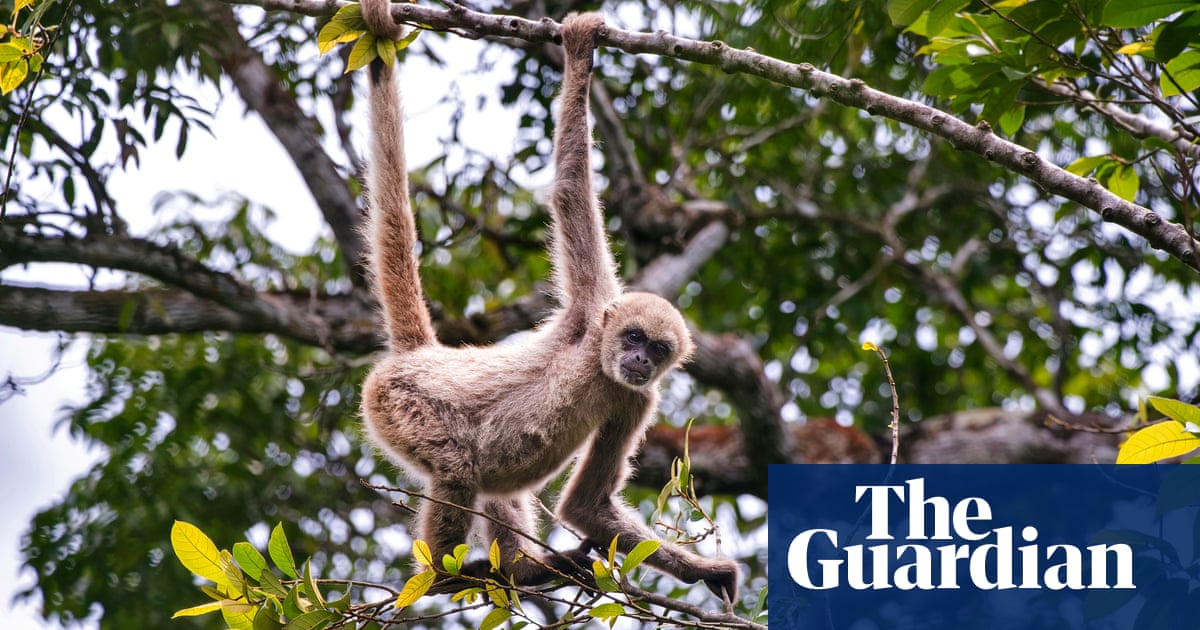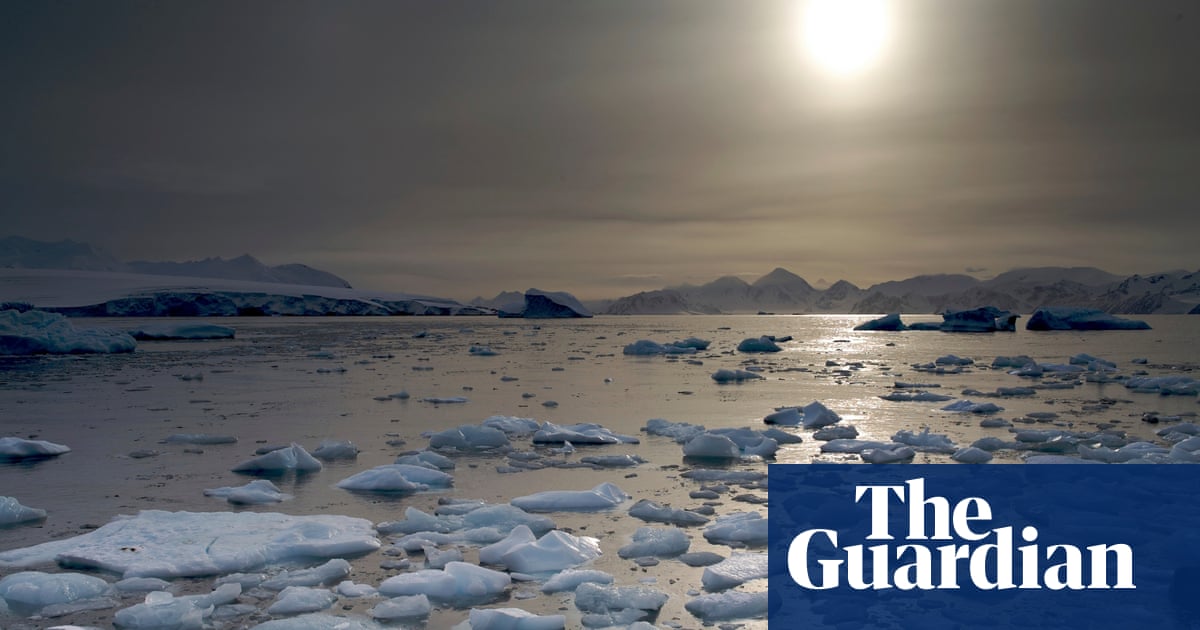
Scientists are warning that micro-plastics in the ocean and the toxic chemicals in them are posing a significant risk to giant animals like whales, sharks and manta rays that are marine filter feeders.
A new study published in the Trends in Ecology and Evolution journal said that such animals swallow thousands of cubic meters of seawater daily in an effort to capture plankton, in which case they can ingest micro-plastics directly from polluted water or indirectly through contaminated prey, the German News Agency (dpa) reported.
Micro-plastics are small plastic pieces less than five millimeters long, which are harmful to marine life.
The study added that plastic-associated chemicals and pollutants can accumulate over decades and alter biological processes in the animals, leading to altered growth, development and reproduction, including reduced fertility.
Elitza Germanov, lead researcher of the study, said: “While a definitive connection between micro-plastic ingestion and toxin exposure for filter feeders remains to be confirmed, studies into seabirds and small fish have found a link.”
The marine species are also in danger due to their habitat areas overlapping micro-plastic pollution hotspots like the Gulf of Mexico, the Mediterranean Sea, the Bay of Bengal and the Coral Triangle (an area from Malaysia to the Solomon Islands in the Pacific).
Many of the animals, like manta rays, are threatened species, so it is difficult to assess plastic concentrations via conventional methods, such as stomach analysis, Germanov said.
The study’s lead author explained: “So we are using the non-lethal sampling of small amounts of tissue, which we are testing for chemical tracers using sophisticated and sensitive analytical tools.”
Many of the filter-feeding animals live a long life, but have few offspring throughout their lives.
Maria Cristina Fossi, a co-author of the study, said another study she led on whale sharks in the Gulf of California and on fin whales in the Mediterranean Sea confirmed exposure to toxic chemicals.
“As these areas are hotspots for micro-plastics, our results could indicate that filter feeders are taking up micro-plastics in their feeding grounds,” she said.
Lately, there has been a large number of reports and studies on marine life facing an existential threat from the millions of tons of plastic waste that end up in the oceans each year.












